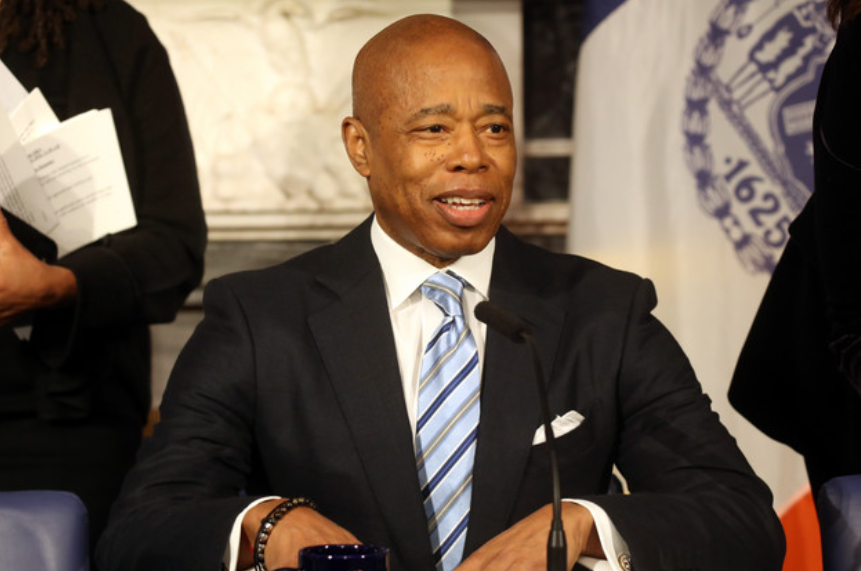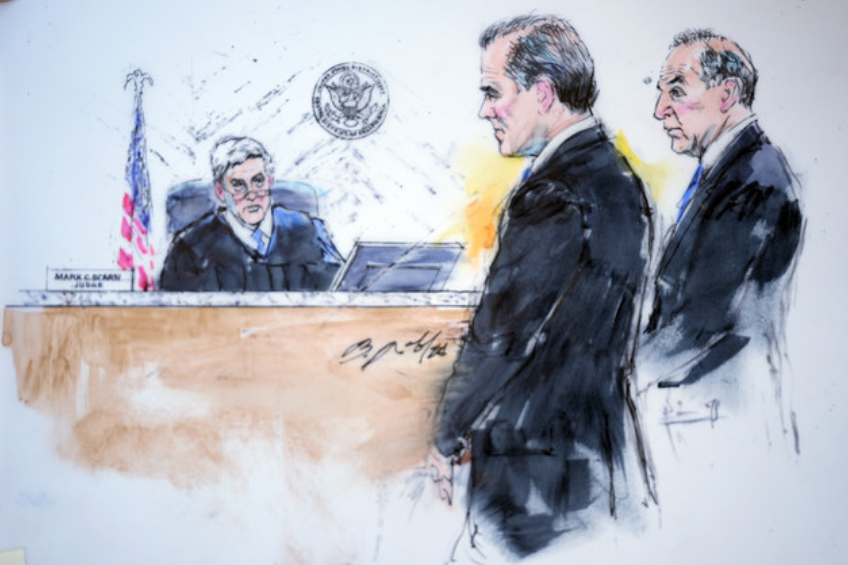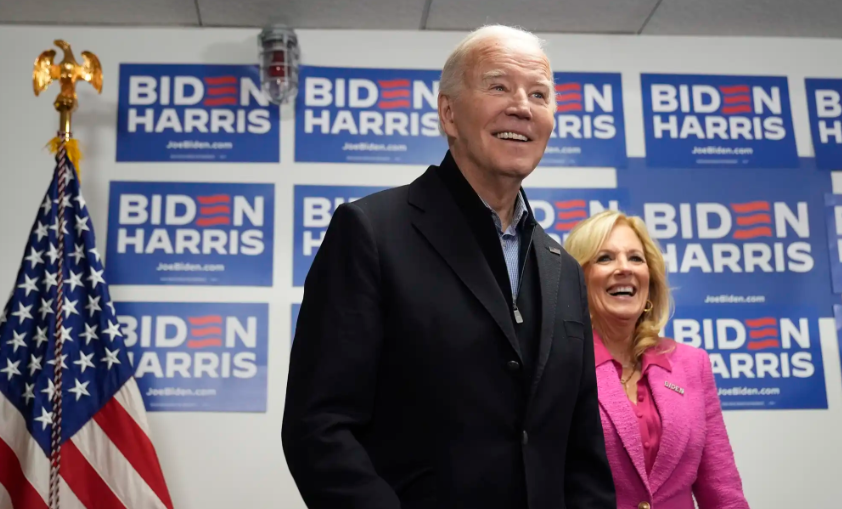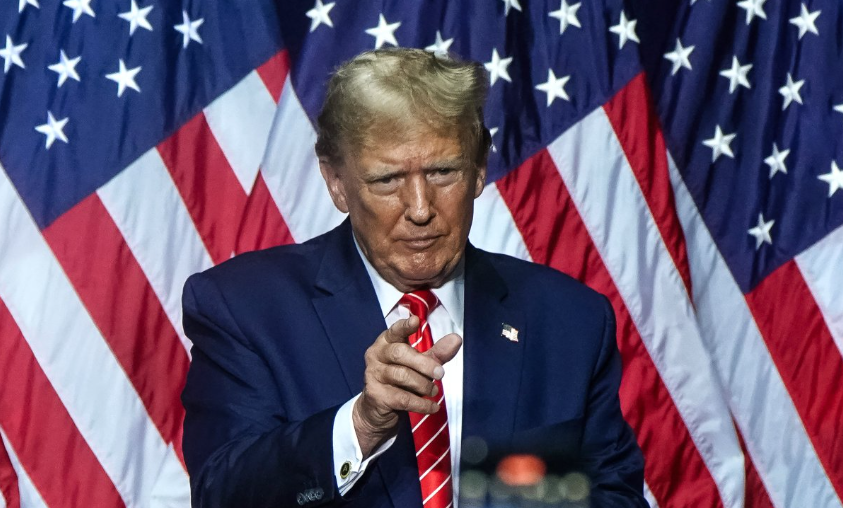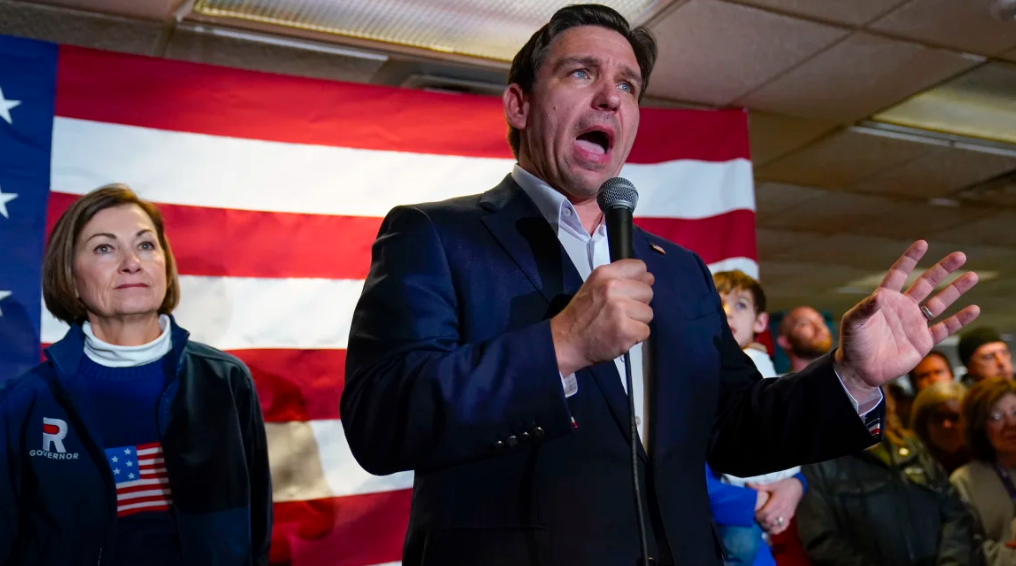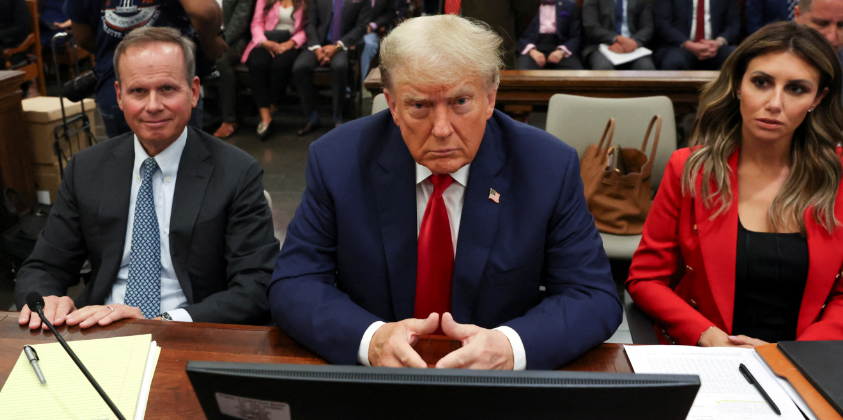Are you trying to make sense of the recent headlines about Donald Trump’s eligibility for the 2024 presidential race? It’s a complicated issue that’s got a lot of people scratching their heads. Let’s break it down in a way that’s a bit easier to digest.
In the center of this legal labyrinth is the 14th Amendment of the U.S. Constitution. Specifically, it’s a clause that prevents anyone who has participated in an insurrection against the U.S. government from holding elected office. This clause is at the heart of the debate over whether Trump should be allowed on the ballot, considering the events of January 6, 2021, at the Capitol.
Here’s where things get tangled: Different states have reached different conclusions. The Colorado Supreme Court and Maine’s secretary of state have both found Trump ineligible for future presidency based on this amendment. On the flip side, the state supreme courts in Michigan and Minnesota, and California’s secretary of state, have kept him on the ballot. It’s a patchwork of decisions that’s turning all eyes towards the U.S. Supreme Court for a final say.
So, what’s happening in the states where Trump has been deemed ineligible? Well, it’s not set in stone yet. In both Colorado and Maine, the rulings are on pause while awaiting further legal proceedings. This means Trump might still appear on the ballots in these states, pending final decisions.
The 14th Amendment’s insurrection clause isn’t new. It was originally introduced post-Civil War to keep former Confederate leaders from regaining power. It’s rarely been used outside of this context and has never before been applied to a presidential candidate. The modern application was seen in New Mexico when a local county commissioner was removed from office for participating in the January 6 attack.
Trump’s defense hinges on several arguments. Primarily, he asserts that his actions on January 6 do not constitute an insurrection. He also claims he was merely exercising his free speech rights. Furthermore, his team argues that the 14th Amendment’s clause doesn’t explicitly apply to the presidency and is not “self-executing,” meaning it’s up to Congress, not the courts or election officials, to enforce it.
Who’s driving these challenges? A mix of liberal watchdog groups like CREW and Free Speech for People, and even a Republican presidential candidate. But it’s not just these groups; prominent conservative legal scholars have weighed in, supporting the idea of Trump’s ineligibility.
As for who gets to make the final call on this, it’s complicated. Each state has its own rules for candidate qualification. Some have left the decision to the courts, while others, like Maine, require the secretary of state to decide. The Supreme Court’s intervention seems increasingly likely, especially with the primary season fast approaching.
So, when will the Supreme Court step in? It could be very soon, as the timeline for printing primary ballots and the start of the presidential primary are quickly approaching. Legal experts are calling for swift action, and the court has been urged to expedite its decision-making process.
In essence, this is a story of legal intricacies and constitutional debates, with a dash of political drama. Stay tuned as this saga continues to unfold.
